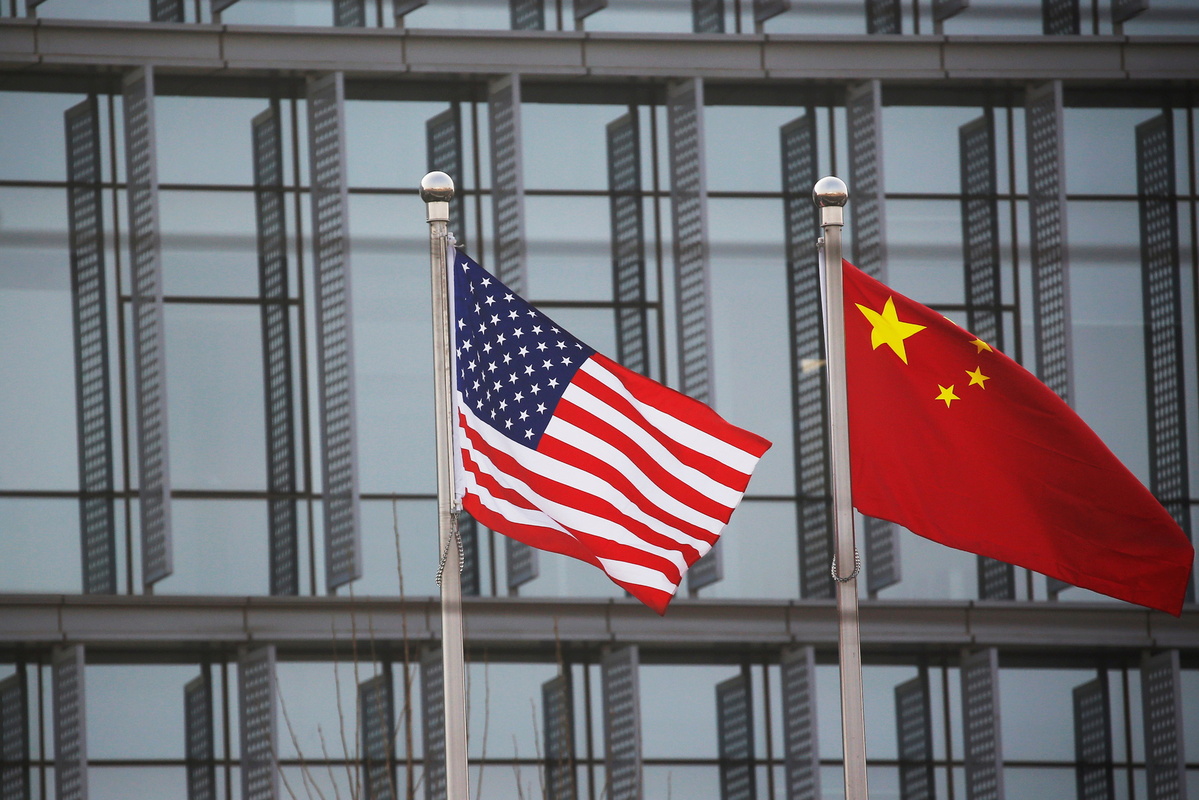
[Photo/Agencies]
Although the issue of the US-China relationship has not attracted as much attention as some US domestic issues in this presidential election, which candidate will be more likely to maintain the stability of bilateral relations is being closely watched by experts.
"It is absolutely necessary to endow stability to US-China relations. The current stability in ties is of a recent nature and still rather fragile," Sourabh Gupta, a senior fellow at the Washington-based Institute for China-American Studies (ICAS), told China Daily.
Gupta said that "the biggest challenge in US-China relations, regardless of the election winner — either former president Donald Trump or Vice-President Kamala Harris —is to embed the relationship's competitive dynamic within a steadying and stabilizing strategic framework".
"The 'old normal' era of engagement in US-China relations has drawn to a close. A 'new normal' is playing itself out, but unless the many dimensions of the relationship are placed in a leader-led and supervised strategic framework, ties could very easily veer dangerously into outright hostility and rivalry," he said.
"Both sides must pay attention therefore to steadying and stabilizing their relationship ... and this will require a great deal of high-level attention as well as much wider people-to-people-level exchanges."
"The issue of US-China relations is somewhat less important in this election cycle," Gupta said, adding that "the overwhelming domestic personality-based focus of this election compared to a policy-based focus", let alone a foreign policy-based focus.
Bonny Lin, a senior fellow for Asian security and director of the China Power Project at the Center for Strategic and International Studies (CSIS) in Washington DC, said that the US policy toward China "is likely to maintain its broad contours under a Harris or a Trump administration" in one of her commentaries published in September, which is part of a report from the CSIS Geopolitics and Foreign Policy Department titled The Global Impact of the 2024 US Presidential Election.
Lin argued that "intense US competition with China will likely continue," and that some Chinese scholars assess that "the China policies of a new Trump administration and a Harris administration will likely be strategically consistent".
In economics and trade, a major area of potential differences identified by experts, Chinese experts expect continued but less dramatic increases in tariffs under a Harris administration than a new Trump administration, worrying that Trump would "significantly ramp up trade disputes and economic competition against China".
Gupta said that trade and technology are the greatest areas of continuity regarding China's policy for the next administration.
"Tariffs will continue to be used to shield US manufacturing," he said. "Export controls and technical denials will continue to be enforced to try to maintain the US' innovation edge over China."
Two scholars with the Brookings Institution, Michael Davidson and Margaret Pearson, said in their article titled "Where are the US and China on addressing climate change?" published two weeks ago, that climate change would be a key issue in the US-China relationship regardless of who wins the presidential election.
"Climate change remains one of the most active areas of US policy engagement with China," they said, mentioning that the climate relationship between the two countries requires them to find common ground in technology innovation, industrial policy and climate finance.
Douglas Paal, a scholar in the Asia Program at the Carnegie Endowment for International Peace, said that Harris and Trump "will pretend to be tough" toward China because the two candidates "assume" that is what the times and public demand.
"Washington is too ready to consider things it can do to or against China without adequately weighing the costs and benefits to the American people," he said.
Paal also said that the issue of US-China relations is not major in the election, but the outcome may have a substantial impact on those relations.